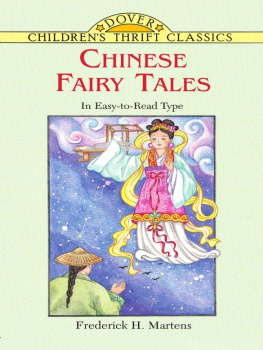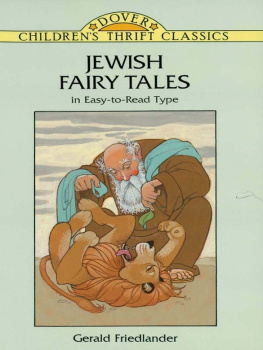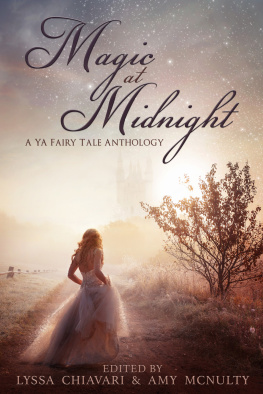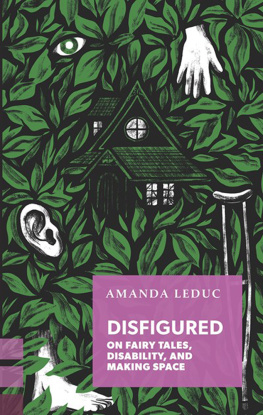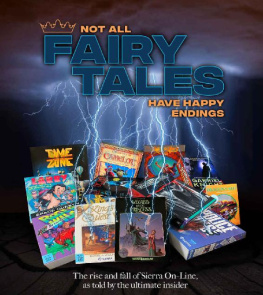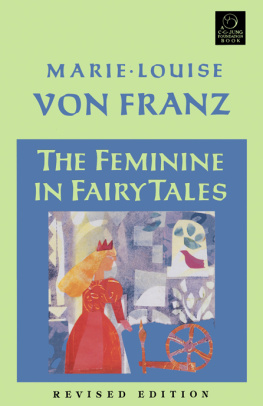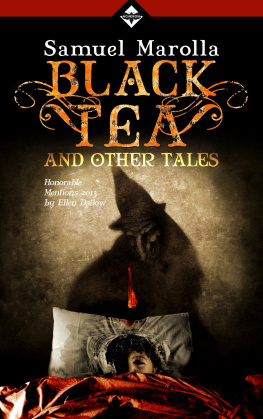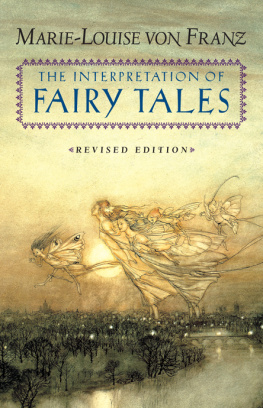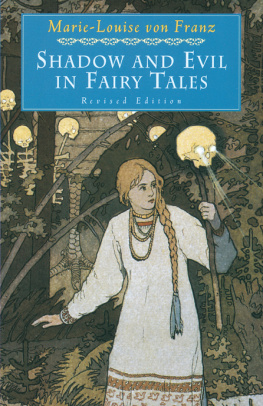illustrations by Rebecca Guay
Houghton Mifflin Company
Boston 2008
Text copyright 2008 by Louise Hawes
Illustrations copyright 2008 by Rebecca Guay
All rights reserved. For information about permission to
reproduce selections from this book, write to
Permissions, Houghton Mifflin Company, 215 Park Avenue South,
New York, New York 10003.
www.houghtonmifflinbooks.com
The text of this book is set in AT Hadriano Light with Norlik Ital.
The illustrations were created with graphite and paint and digitally enhanced.
Library of Congress Cataloging-in-Publication
Hawes, Louise.
Black pearls : a faerie strand / by Louise Hawes ; illustrations by Rebecca Guay.
v. cm.
Contents: Dame Nigran's towerPipe dreamsMother love
AshesEvelyn's songDiamondaNaked.
ISBN-13: 978-0-618-74797-9
1. Fairy talesUnited States. 2. Children's stories, American. [1. Fairy tales.
2. Short stories.] I. Guay-Mitchell, Rebecca, ill. II. Title.
PZ8.H3126B1 2008
[Fic]dc22
2007041166
Manufactured in the United States of America
QUM 10 9 8 7 6 5 4 3 2 1
This book is dedicated with love to
Regan and Stephen.
Contents
Dame Nigran's Tower
1
Pipe Dreams
35
Mother Love
69
Ashes
105
Evelyn's Song
137
Diamonda
165
Naked
189
Dame Nigran's Tower
Flying had come naturally to her. When she'd grown of age and joined the ceremony in the grove, Tabbatha Nigran found her body lifting even before the words were done. She had lost herself and the others each time she'd spun into the night, turning like a thistle, up and up. There were no words for what she felt then, nor did she try to find them. It was simply the reason she lived, the place she had to go, the answer to every question she would ever ask.
Daughters of the Moon,
children of the Night,
rise like dew together
until the morning's light.
When Tabby chanted with her companions, she could scarcely sort her voice from theirs. The song was like a braid, binding them together, joining them in the sacred rite:
The owl's cry is our anthem,
our altar is the sky.
The Great Mystery is our Mother
to whom now, sisters, fly.
Held fast in the wind's strong arms, tumbling through the lacy mists of clouds, Tabby seldom gave a thought to landing, only let her heart swell like the moon, only set her face to the west, where she fancied the sun lay in its dark bed. Landing always came too soon on those magic nights. And it always stung. Not in a physical sense, of course. For it was not the actual coming downthe crisp, almost smug way her toes found the groundthat bothered Tabby. It was the return to earth and to the small minds and shriveled hearts that waited for her there: to the pack of dogs that chased her when she left the house, and to the filthy, rheumy children who parroted singsong rhymes"Witch, witch, fell in a ditch, set her hair on fire."
Tabby never thought of herself as a witch, nor had her adoptive sisters ever used the word. They called themselves Wise Women, and she knew no way but theirs. The coven had taken her in as a babe, had given her love and a home and the sweet, wild joy of flight. That joy, they told her, was neither sorcery nor heritage. It was the gift of every woman who comes to her first blood when the moon is full.
She left the coven before her seventeenth summer and found a place as a weaver's apprentice. When the old woman died, Tabby stayed on in her teacher's humble cottage, but her neighbors could not forget where she'd been raised. No women brought her handiwork and no men came courting.
Tabby knew better than to try to change things. She kept to herself instead, tending the lush garden behind her cottage gate. Everything there brought her solace: the peonies, their great heads crisscrossed by delirious ants; the four o'clocks, slow to wake but glorious till dawn; the sweetpeas and primroses, unruly as children. Even the kitchen plants filled her with pride when she tended them mornings, her hands diving like pale fish among their leaves.
The villagers called her "hellcat" and "twisted faerie" or sometimes "devil's handmaid." But her snapdragons only nodded at her, blushing in the early sun. Through her garden wall, behind the tumbled ivy, Tabby heard her neighbors gossip: "'Tis said she flies at night ... By God's blood, the milk she begged from me turned sour as I set it at her door ... Old witches must be young ones first, you know. Have you marked how she leaves her house when'er the Sabbath falls on full moon?"
But her baby roses told no tales, only stared at her shyly from their green nests. So Dame Tabbatha Nigran kept her own counsel. She suffered the town's talk with patience and a resignation born of practiceyears of it. She had her flowers and few regrets. Still, there were times, in the green quiet of her garden, when she wondered what it might have been like to have a family and a mother. Instead of sitting, when she was small, in the middle of the dream circle, lifted by dozens of arms as the drowsiness of their spells overtook her, what if she had been cradled in someone's lap? Tabby had seen mothers in town, tending their babes. She had even heard, one night as she made her way across Old Chauncey's field to the woods, her neighbor singing an off'key lullaby to her youngest. Tabby had peered through the window of the cottage, then, and seen the two of them beside the hearth.
There was something in the way Dame Chauncey held that little one, in the way her voice purred and cracked with tenderness. The scene had lodged itself in Tabby's mind or heart, she was never sure which. Like a tune she didn't know the words to, or a person she could not name, the picture came back to her again and again.
She blamed that picture for what happened the following autumn, when the bearded fellow scaled her garden wall. She had found him knee'deep in the watercress and rampion. The bells were silent and all the town dark, and yet there he was, bending over her plants, tearing them up by the fistful.
"And what be your business in a poor woman's garden?" She'd come up behind him, surprising him quite as much, she noticed with satisfaction, as the sight of him had startled her.
When he stood up, the moonlight turned his hair to ink, made his face look white and sickly. He had spilled some of the greens and was stuffing the rest down his vest. He was a long, large-boned man, but Tabby had seldom seen anyone so frightened. "Forgive me, good madam," he stammered, stooping to retrieve the cap he had let fall. "I only meant ... That is, I was just ... If you would be so kind..."
Tabby liked the look of his face, blanched with fear, his eyes glassy currants. She was ashamed of the pride that shot through her, knowing she was the cause of his stammer and his clumsiness, of his high, pinched voice. Awkward with this uncommon upper hand, she said the first thing she could think of to keep him scared: "There will be a price, you know."
The fellow looked behind him then, as if he were considering running right through the stone wall he had just climbed. When he turned back, his voice broke and tears shone in the corners of his currant eyes. "Please, my lady," he said. "I means only to put by for my family."
Tabby leaned close, touching his wrist. "A thief's rampion," she told him, "comes dearer than an honest man's." She wondered who he was, this intruder. She knew he was not Elsbeth Chauncey's husband, nor the son of the widow who sold Tabby milk. As for other men in the village, she had seen only the tinker and the market-day vendors. This fellow had not been among them.
The stranger bowed now, and bowed again. "Anything, madam," he said, clutching his cap. "The greens is for my wife, madam. She is with child and craves them fierce."
Next page



